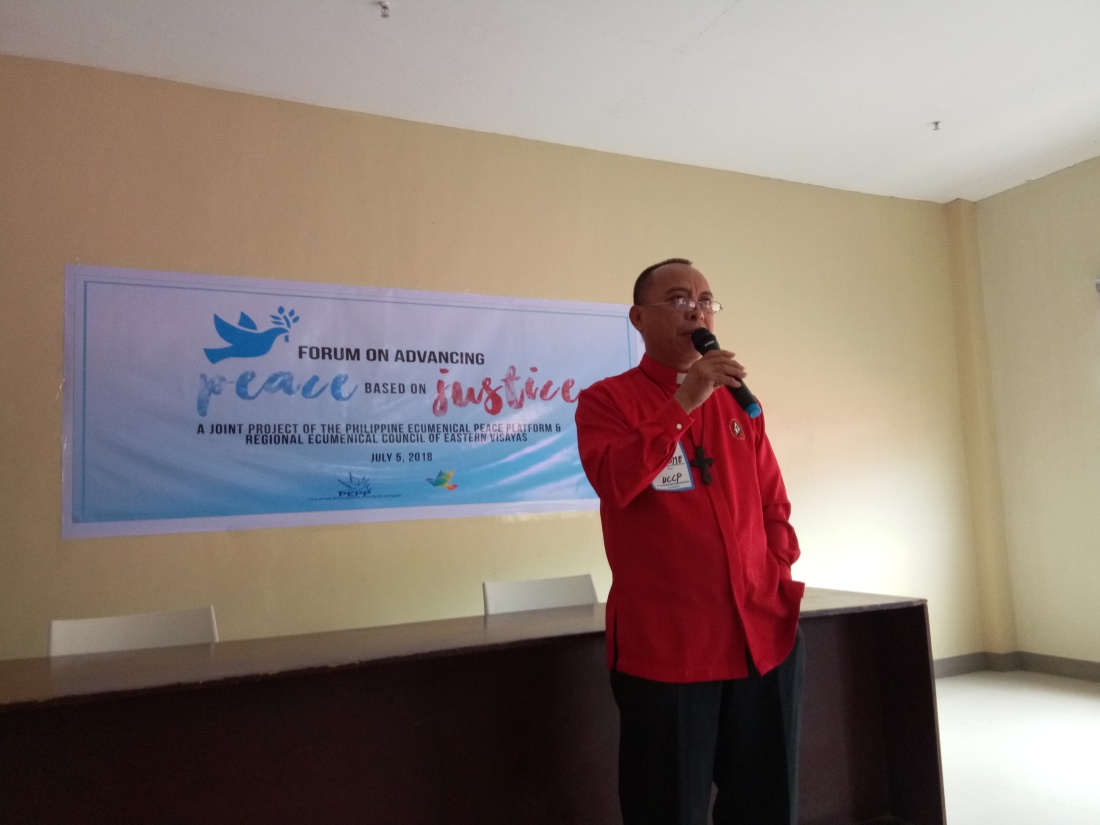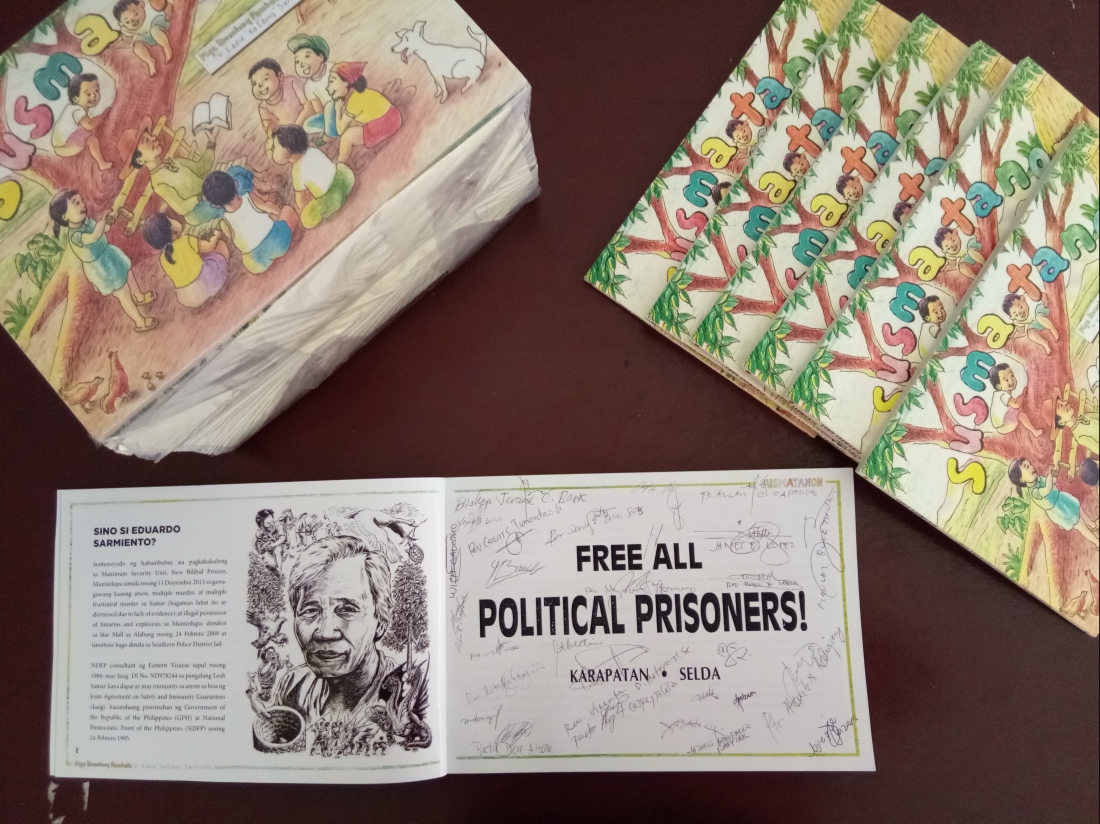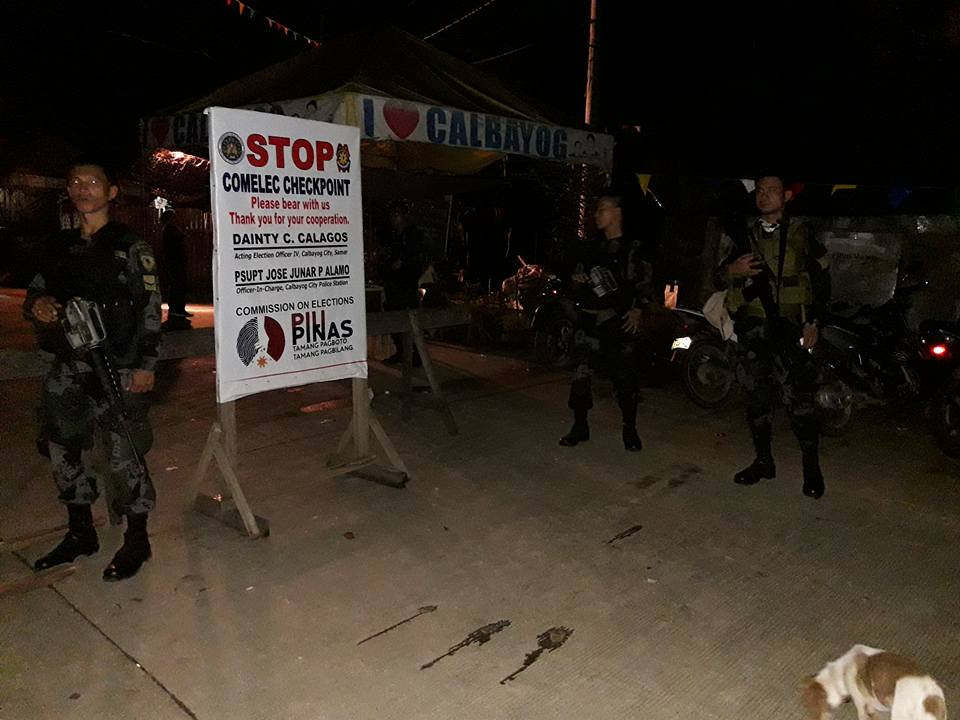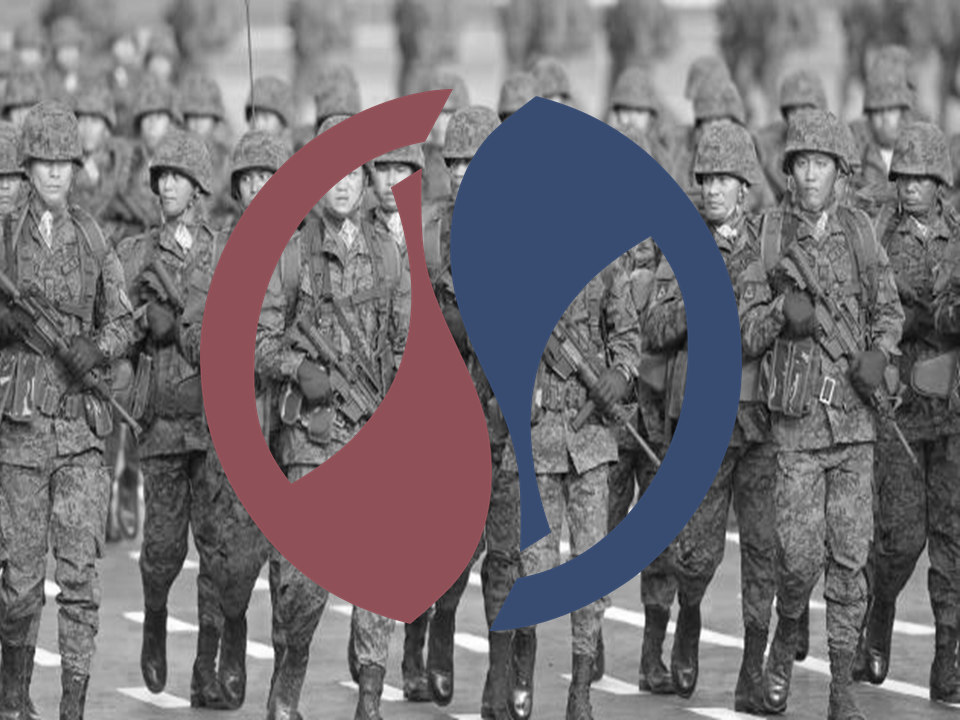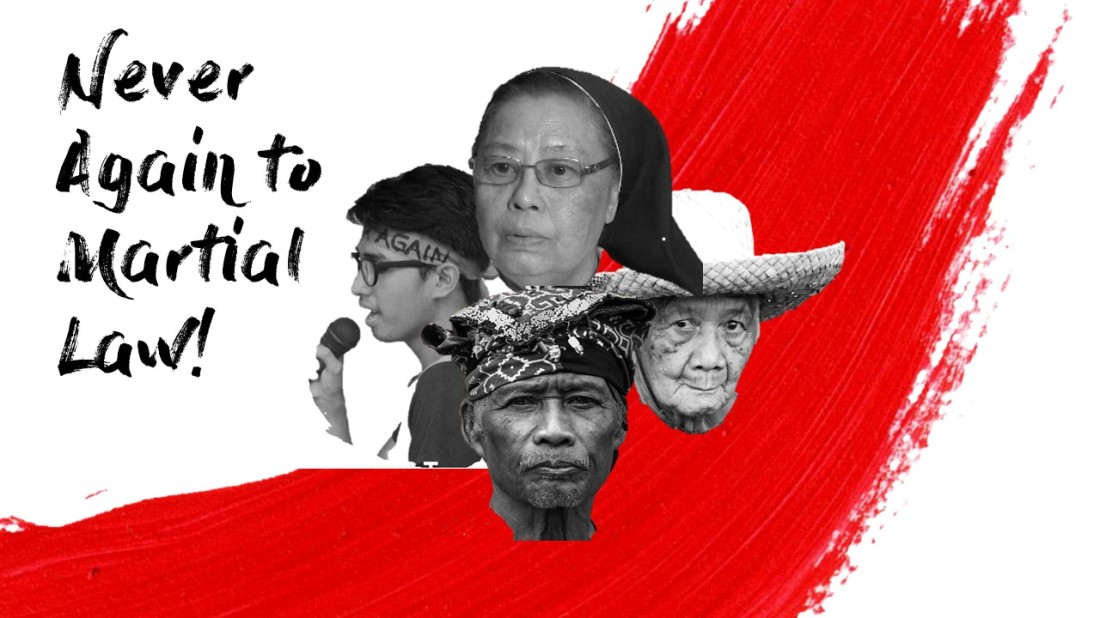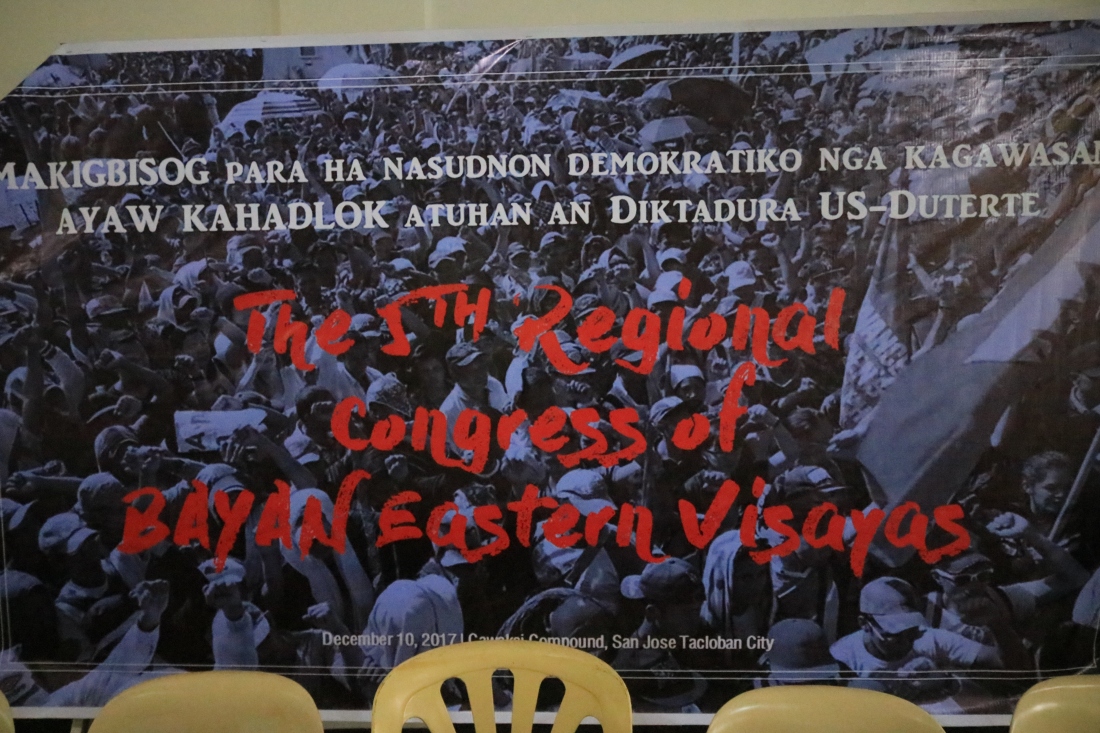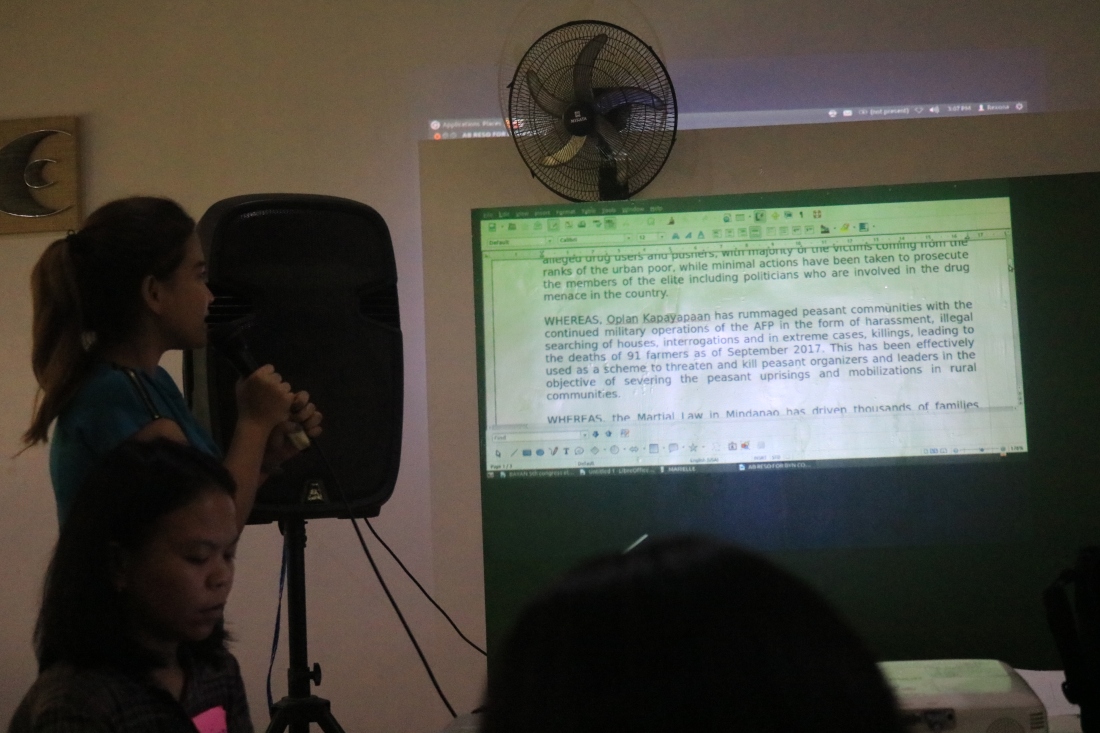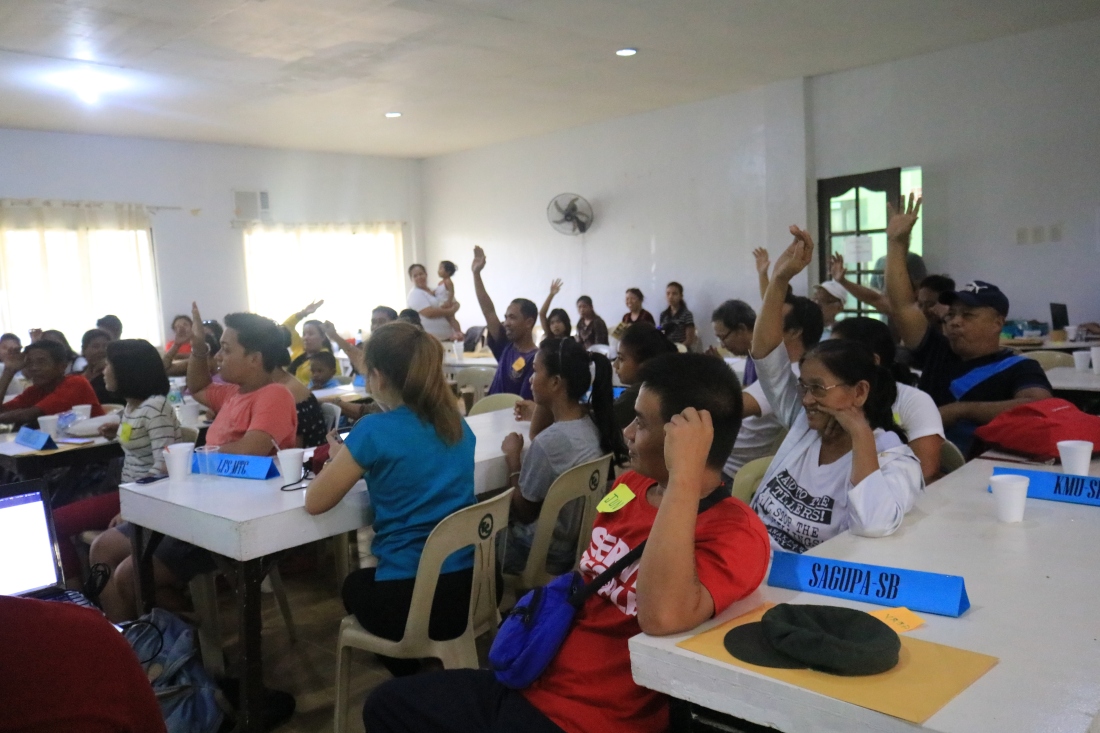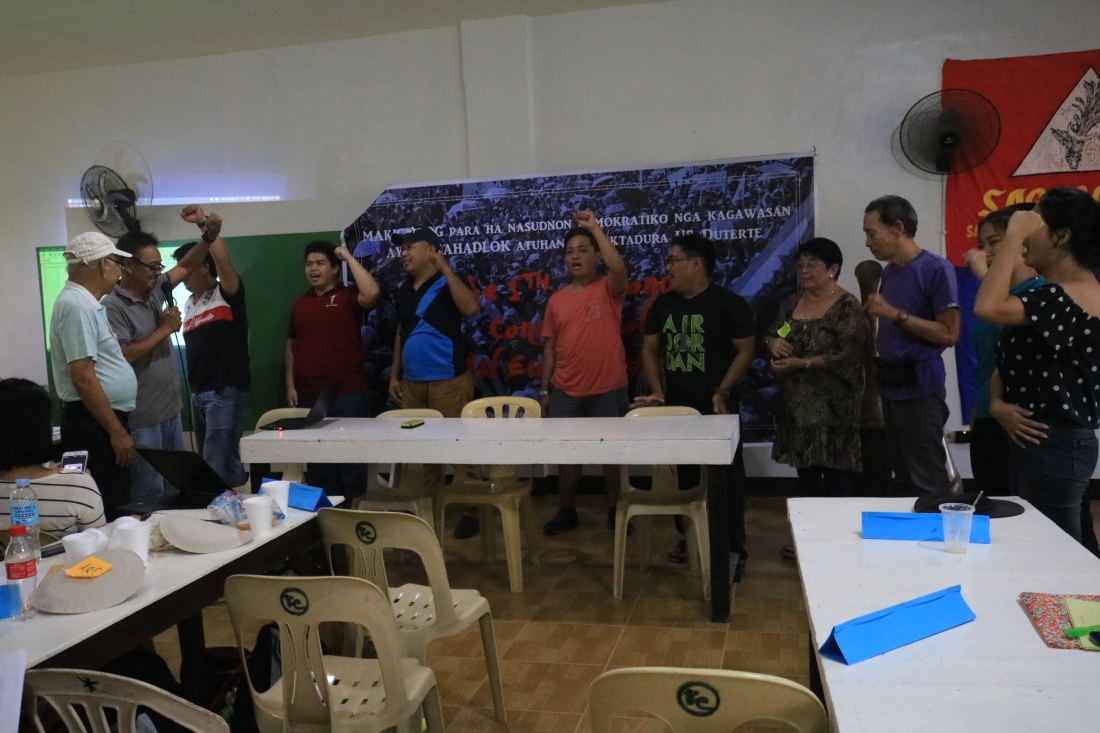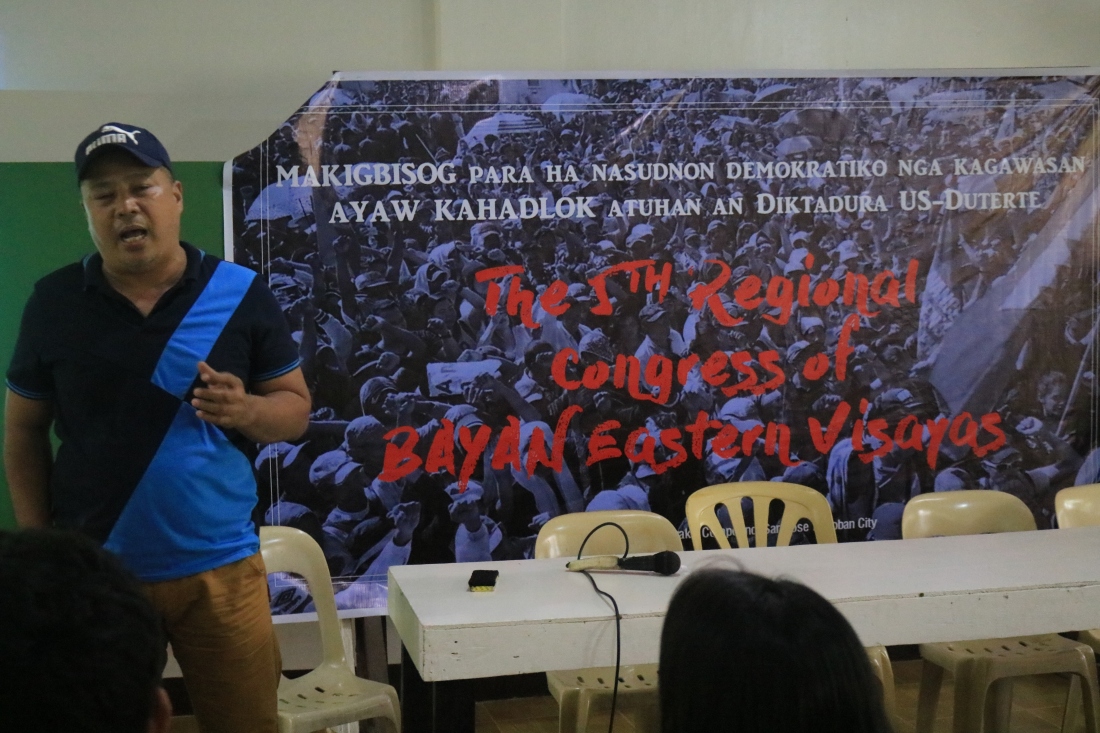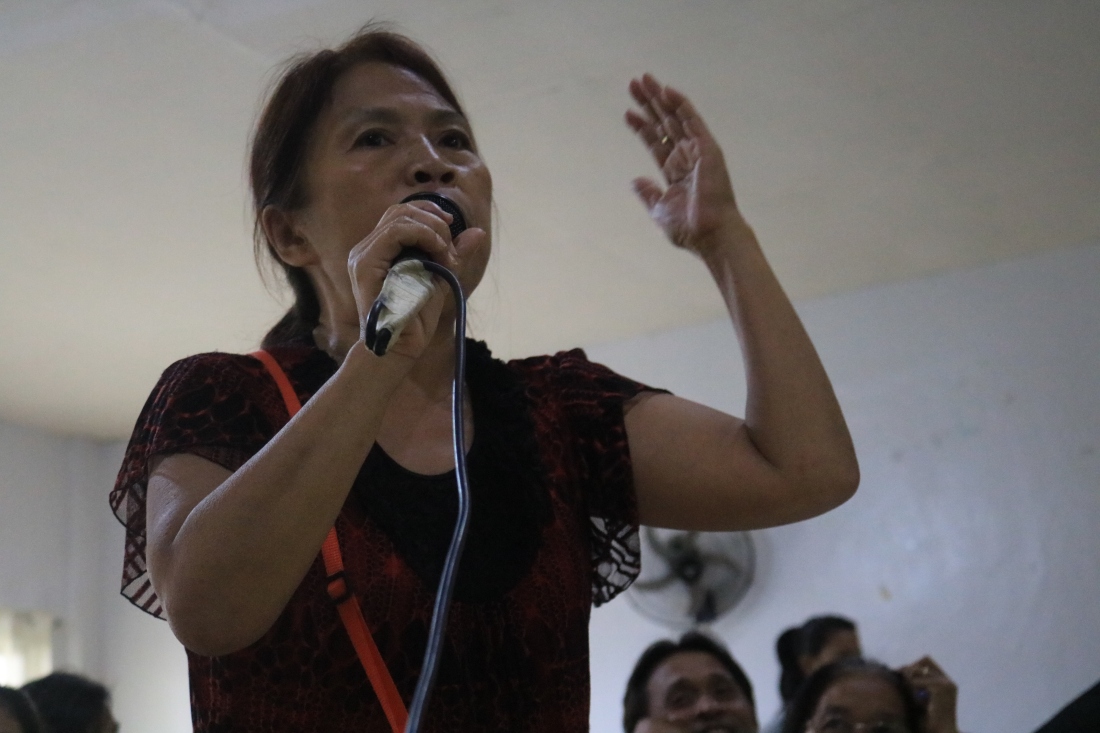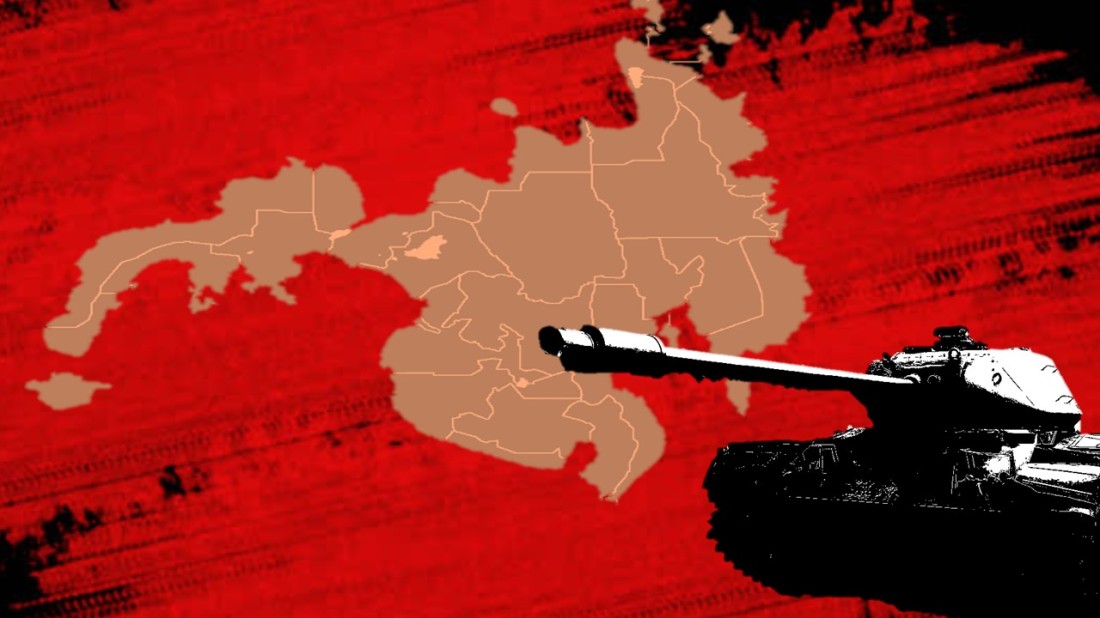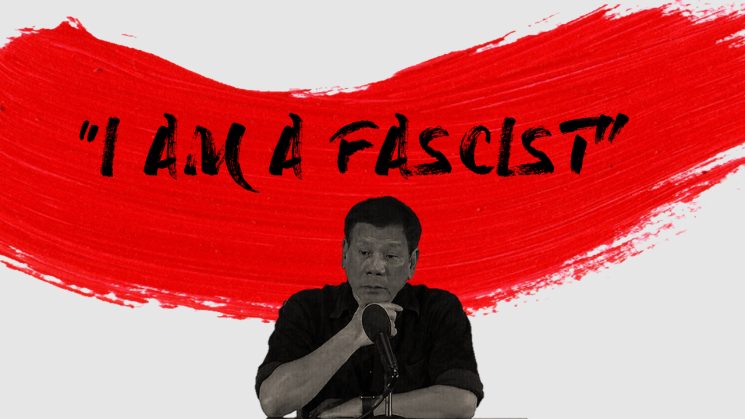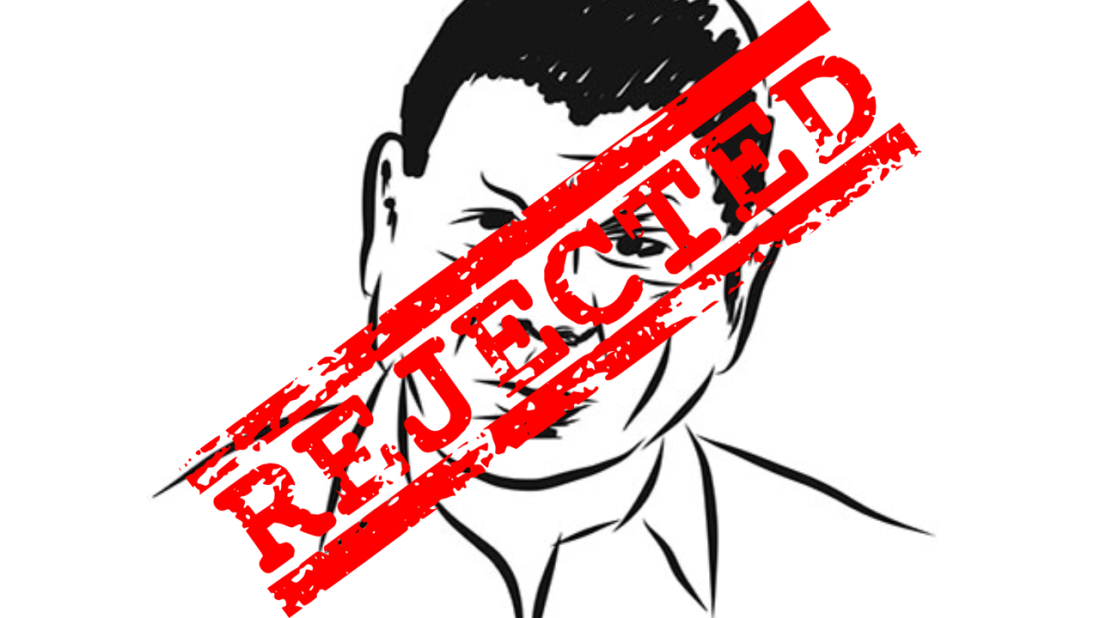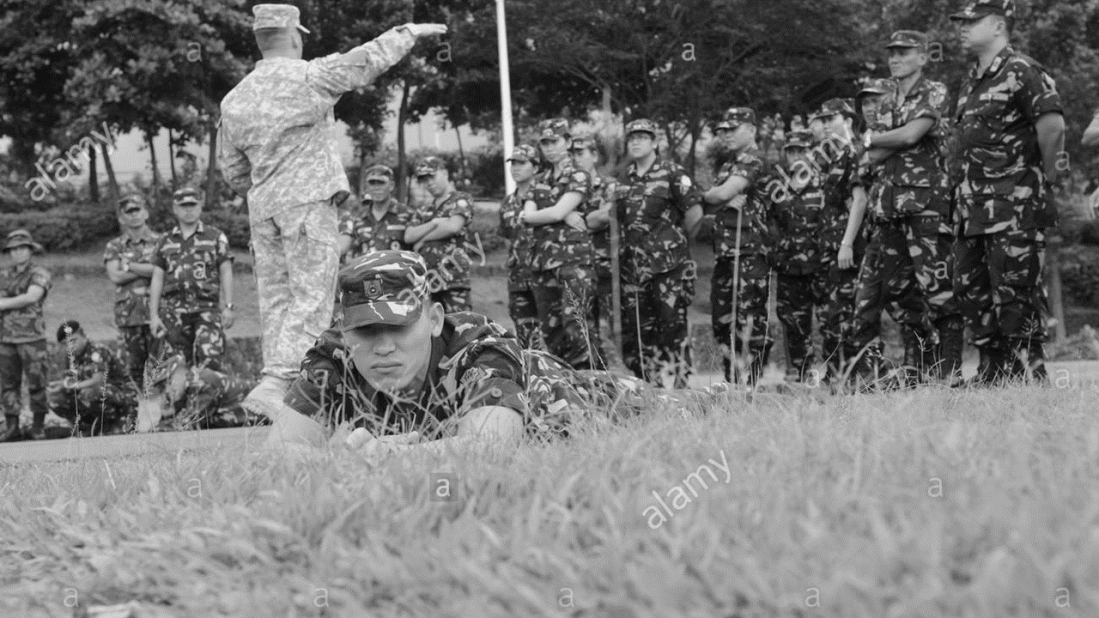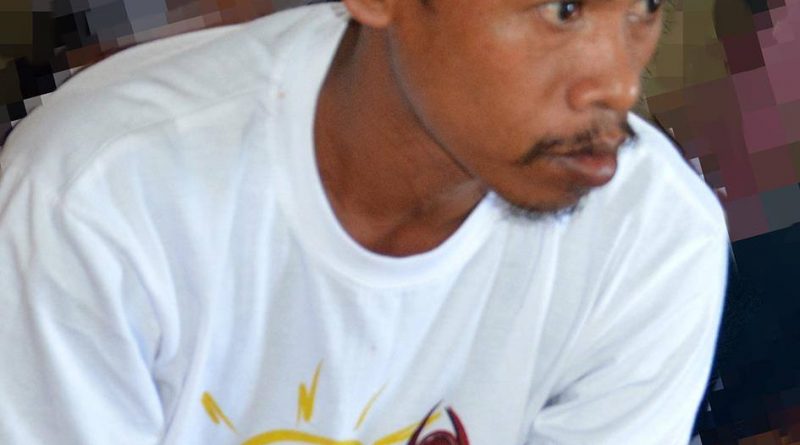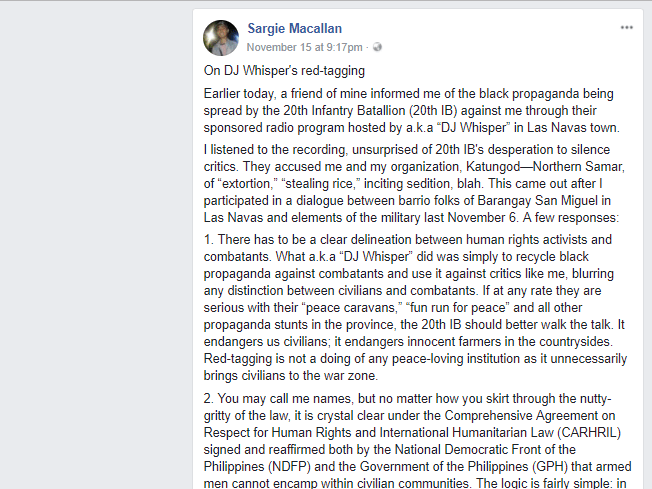It is a wonder how the existing proposals filed in Congress detailing the amendments to the 1987 constitution could have ever been conceived. After all, the idea of the ruling class converging in mind and heart to surrender their control over government to a single man is nothing short of unthinkable. But that is precisely what the impending charter change promises: The dangerous possibility of Duterte becoming an unrivaled dictator for the next decade.
To be sure, there are two proposals that have with it an attached version of what the constitution would look like after the adjournment of the Constituent Assembly. The first is the Resolution of Both Houses no. 8 (RBH 8) and the PDP Laban Constitution. But either way, both are in support of or allows (1) excessive political centralization and encourages (2) all-out economic liberalization. It is frightening to imagine how these two things will translate into actual law and it will be the painstaking task of this article to elaborate.
Charter Change as a monstrosity
RBH 8 is the proposal at bar with the most scandalous and preposterous amendments. There is only one word to describe the impending charter change under the framework of RBH 8: Horrific. Horrific because the last time this kind of power was conferred to one person, more than 3000 people were killed while 34,000 were tortured. Today, the second person in history poised to receive this amount of power has already caused the death of more than 13,000 people and launched a massacre-campaign against activists nationwide even without said powers in the first place.
But what are these powers?
His word is law
Section 6, Article 18 of RBH 8 states that both the House of Representatives and the Senate will automatically be dissolved the moment the new constitution is ratified. Of course, RBH 8 also proposes in one of its articles the creation of a Federal Congress but up until that Congress is convened Duterte will have the power of legislation exclusively in the interim.
When the Federal Congress will be formed and the time targeted for its first session is a question we leave up to the speed of transition from one system of government to another. Still, if the motivation behind section 6 is what we think it is then the Federal Congress will not be in a hurry to convene anytime soon.
To put it simply, Duterte is not only charged with implementing laws, under the new constitution he can now write them as well. Seems like a throwback to the time when Congress was abolished and Marcos had a presidential decree writing spree, but that’s precisely what it is- the return of Marcosian style legislation.
Setting the path for impunity
Not only does Duterte intend to abolish Congress (if only for the meantime), his cronies in congress are also giving him the power to reorganize if not completely overhaul the judiciary system.
Reorganization of courts means changing their jurisdiction. For example, if the present judiciary is reorganized then the jurisdiction of a division in the Court of Appeals could change from one set of regions to a smaller or larger set. In that respect especially when asserted by a President with both executive and legislative powers, reorganization will require the courtesy resignation of ALL members of the judiciary from the Supreme Court down to the lowest courts of the country.
The resignation of the entire judiciary is nothing short of giving Duterte the liberty to appoint all the new Justices of the Federal Supreme Court, the Regional Court of Appeals, the Sandiganbayan and the Regional Trial Courts. If this happens, there will be no sense in prosecuting Duterte once he steps down from power because he will be judged by his own appointees at all levels of the judiciary.
Pre-empting the United Front
The broadest united front against fascism and anti-people policies is the best step in scaring off a forthcoming dictatorship because it forces the weakest link among the ruling class to break off and side with the vast majority of people critical of the administration, fragmenting the unity Duterte needs among his allies as the single greatest requisite to get him what he wants. A divided ruling class makes it far more difficult to transition into full blown dictatorship.
But we cannot drive a dent into the ruling class’s unity if professionals and small businessmen don’t side with the basic masses against Duterte. That is why it has become the chief mission of the US-Duterte’s regime to make the formation of the united front impossible especially under RBH 8.
Because RBH 8 demands the reorganization of not only the courts but also of the constitutional commissions (The Commission on Elections, the Civil Service Commission and the Commission on Audit) and other government agencies duly abolished, the employees of these offices will also be displaced. RBH 8 however provides separate benefits for those employed under Congress and everyone else.
The employees of Congress affected by the abolition of the lower and upper houses are offered an enticing retirement package promising a regular government employee a separation fee in the amount of two and a half month’s salary multiplied by the years in government service on top of the usual benefits under the GSIS law.
Meanwhile non-Congressional employees affected by the reorganization process will only receive regular benefits. By doing so, the US-Duterte regime would have succeeded in dividing public opinion against the new constitution and would make it far more difficult for a massive uprising to mount against the gates of Malacanang.
Tearing down the Makabayan
The old electoral process provided a guaranteed number of seats (20 percent of the total) for party lists vying for a spot in the Lower House. This preferential treatment was intended to give marginalized sectors, represented by party lists, a better chance at being elected into Congress.
There is much debate about whether or not this is a good idea, after all the party list system of status quo has been the subject of much criticism from all sides. We believe the Movement Against Tyranny provides the best take on the matter:
“While it is true that the party list system has been hijacked by the rich and the powerful, the solution should have been to cleanse the party list system and strengthen it instead of abolishing it. Many of the people’s issues such as investigation of government corruption, abuse and violation of human rights, protesting against unjust electricity rate hike, high prices of fuel, water and other social services, and many other pro people’s issues have been carried by some progressive party list groups. They have remained credible, incorruptible and consistent in their pro people stand. These issues would not have come to the fore had there been no party list system.”
Essentially, without the preferential treatment our progressive and pro-people party lists will be forced to out-maneuver established and reactionary political groups representing nothing but their narrow class interest, possessing more resources and has favor with the US-Duterte regime.
Whats in it for the rest of the gang?
In the course of reading this article, readers are bound to detect the singular ultimate theme in the impending charter change- Give Duterte all the power. Not just more power, not just greater influence. All of it. Every last drop. That is perhaps the most intriguing element to this political move.
Why is Alvarez, Pimentel and the other stalwarts of PDP-Laban so excited to cede so much political capital and brute force to Duterte?
After all, it’s one thing to recognize that you’re leader is intolerant of dissent. It’s a completely different thing if you foresee yourself dissenting and making legal recommendations to mitigate that. We wonder whats running in the minds of our congressmen, the grandstanding and pompous members of the legislature, for agreeing to this model of government.
For one, we think its because of Congressional stalwarts’ repeated failure to amend the 1987 Constitution in order to remove the ”protectionist economic policies” preventing foreign ownership of land, preventing total foreign ownership of key industrial plants, corporations etc. and the barrier regulating foreign direct investments (FDIs). There were attempts during the time of BS Aquino and even more so in the time of Arroyo but they were unsuccessful. Even towards the end of 2017 Duterte called on Congress to fast track constitutional amendments allowing the unfettered influx of FDIs but to no avail.
One of things to consider is the historic fact that every attempt at Charter Change has always been met with massive public demonstrations from all parts of the country. Although they were organic and organized from the grass roots, the number of people participating in those campaigns since 1996 were used by a fraction of the political elite as a spring board for their political grandstanding against the administration.
We saw this when Corazon Aquino’s bet for her successor, Fidel Ramos, was met with thousands upon thousands of anti-cha cha protesters led by Aquino herself. Other notable attendees were then Vice-President Joseph Estrada and senator Gloria Arroyo.
Quite ironically, during the time of President Estrada, then vice-president Arroyo, and former president Corazon Aquino also joined forces against their past ally in his own attempt at charter change.
Then, the Liberal-clique of Mar Roxas positioned themselves well beside genuine anti-cha cha protesters when they launched their “No to Gloria-Forever Cha Cha”. It should be noted still that LP wasn’t strictly against Charter Change, in fact they drafted a resolution calling for one, but the idea of it happening under the administration they despised was unacceptable.
In other words, the country’s experience with charter change is riddled with small politically elite groups seizing the opportunity provided for by massive public outcry and organized dissent to forward their own agenda. The central government in effect becomes isolated, the most during the time of Arroyo, and becomes unable to push through with the amendments.
This collective and accumulated experience of the ruling class has taught them that in order to succeed, they must instead choose among themselves who they can cluster with and isolate the out layers. After the embarrassing electoral defeat of the Liberal Party as the de facto ruling party from 2010-2016, Duterte and the leaders of PDP-Laban has taken every effort to isolate them and what remains of their allies in the regions. Today, you will witness massive LP territories like in Iloilo and parts of greater Leyte being surrendered to PDP-Laban. The Presidency and its unmatched brutal reputation, its ill-regard for protocol and the rule of law was used as a general threat to the opposition as if to send a message: You are either with us or against us.
New converts were rewarded greatly. Budgetary allocations were promised, political favor and positions in government offered.
The ruling class is, in a sense, at its “best behavior” under the US-Duterte regime. But even if the political center is fond of issuing threats against their opposition, similar events in the past have shown great examples where these smaller factions in the ruling class fight back. But because by now they have realized that the gains of RBH 8 is of paramount importance, they tolerate the excessive centralization without realizing they are reducing their influencing and losing their grip over Philippine politics.
This is what we have to maximize
Now is the time to strike. As the ruling class unwittingly surrenders their strongholds and resources to a single person, the reactionary government gains strength at face value but loses its resilience against the full-force of the people’s democratic movement that is now encircling them from the margins. Unbeknownst to them, PDP-Laban has singled out Duterte as the main target when in the past there were countless. It is clear that we must isolate Duterte from all the rest and deface the iron mask to reveal the rotting and fragile man underneath.
We must dismantle Federalism as the facade for totalitarian rule and expose RBH 8 as the ultimate expression of neoliberalism and its inevitable twin, fascist dictatorship.
It is easy to enable the patriotic sensibilities of the middle class and their progressive tendencies in times where there are obvious threats against their civil liberties. If we widen public consciousness over the repercussions of a single man-government, we can unite them with the basic masses and we can effectively gather multitudes of people and mobilize them at an extraordinary rate to finally call for the ouster of the US-Duterte regime!
We cannot afford any more delays. We must crush the attempt to pass the new charter, we must nip it in the bud and prevent it from taking root. We must present our parallel to the proposed charter, the Comprehensive Agreement for Social and Economic Reforms. By now, the provisions and content of CASER would have already proven more superior compared to the provisions and content of the new charter in all aspects! We must propagate this fact that our program may take root in the hearts and minds of the toiling masses, to give them a sense of ownership over it, to identify its non-passage as a rejection of their democratic interest and to associate the ouster of Duterte and his ilk as concomitant to the rise of a new and better country.
No to Charter Change!
Oust the US-Duterte regime!


